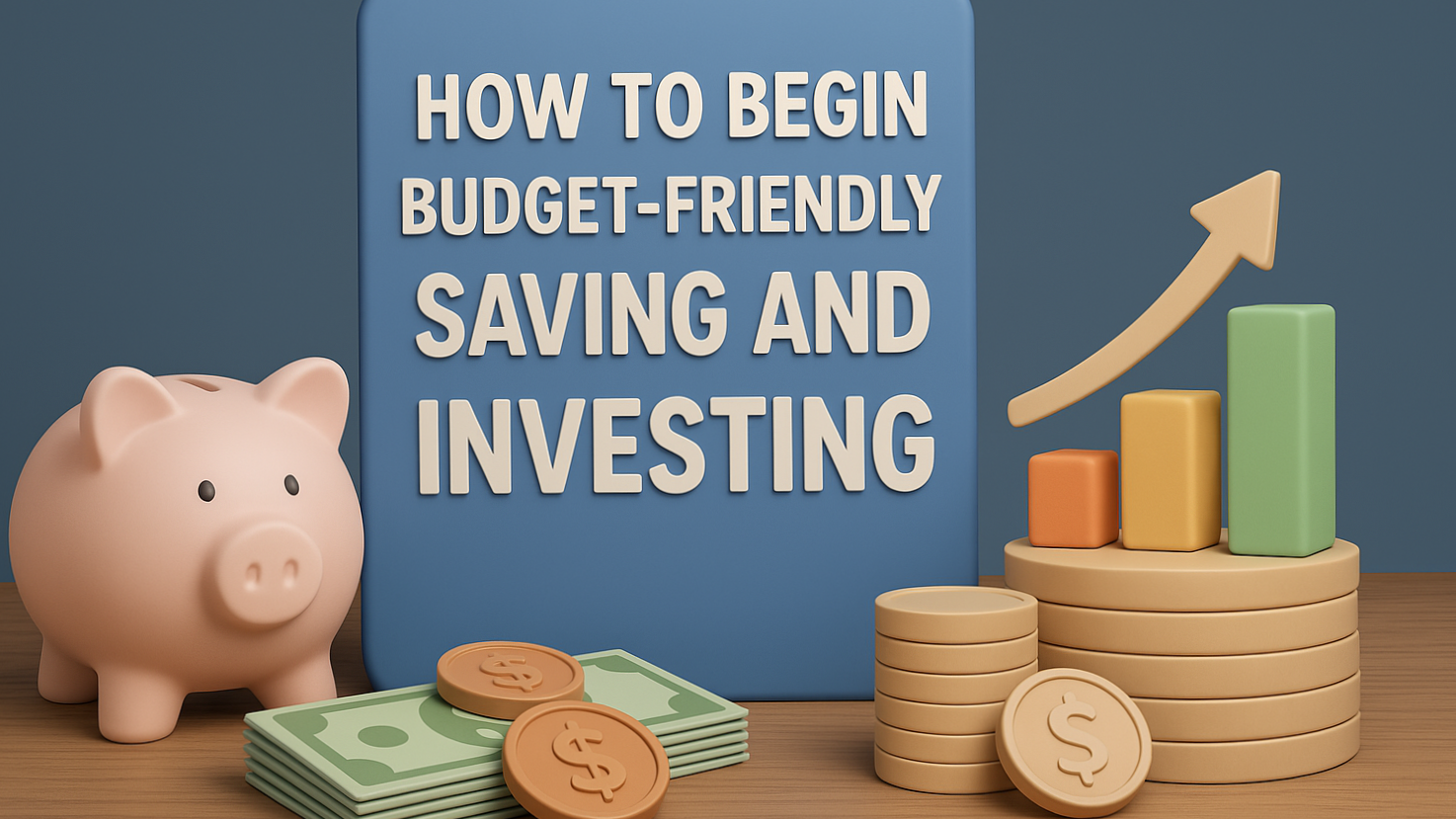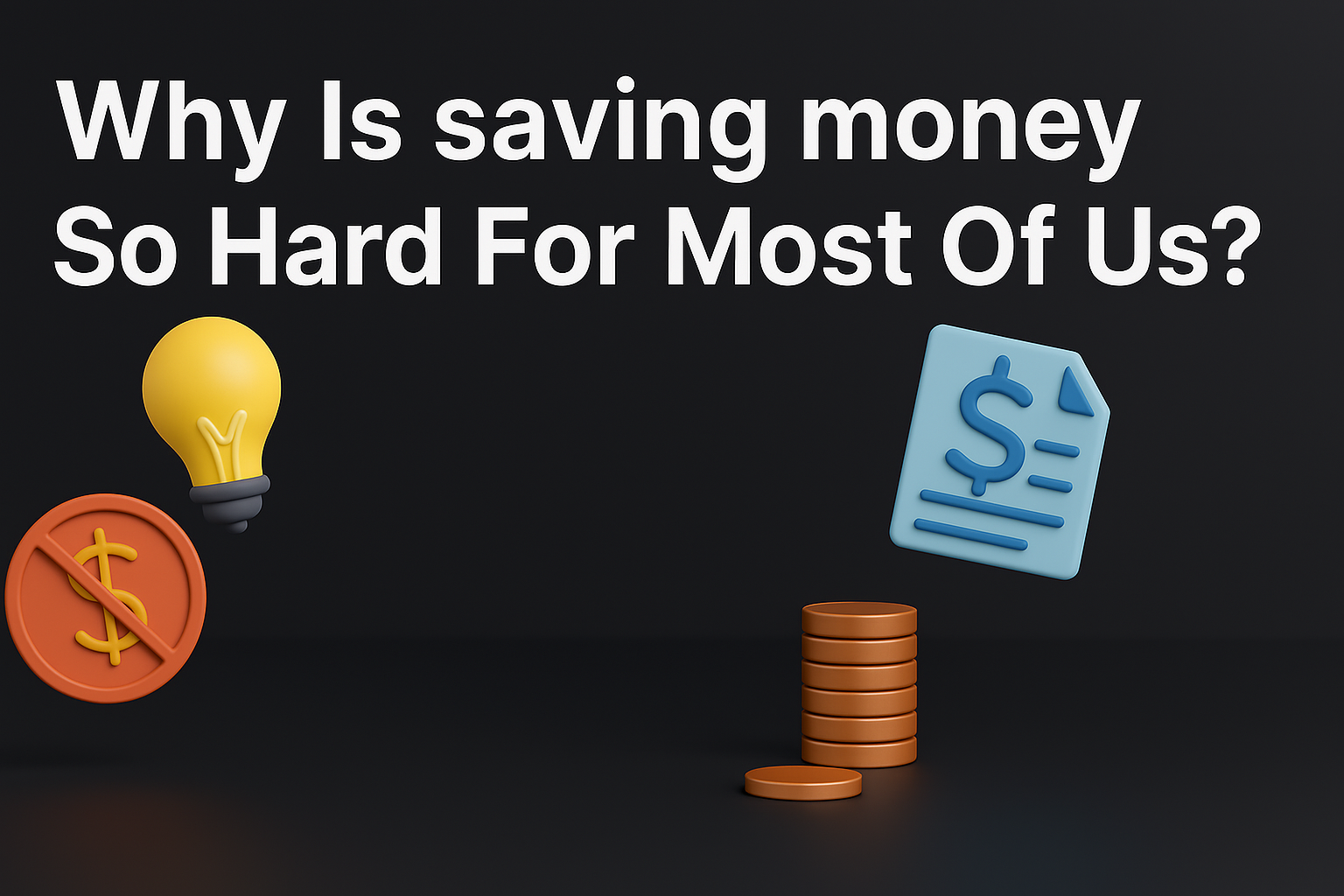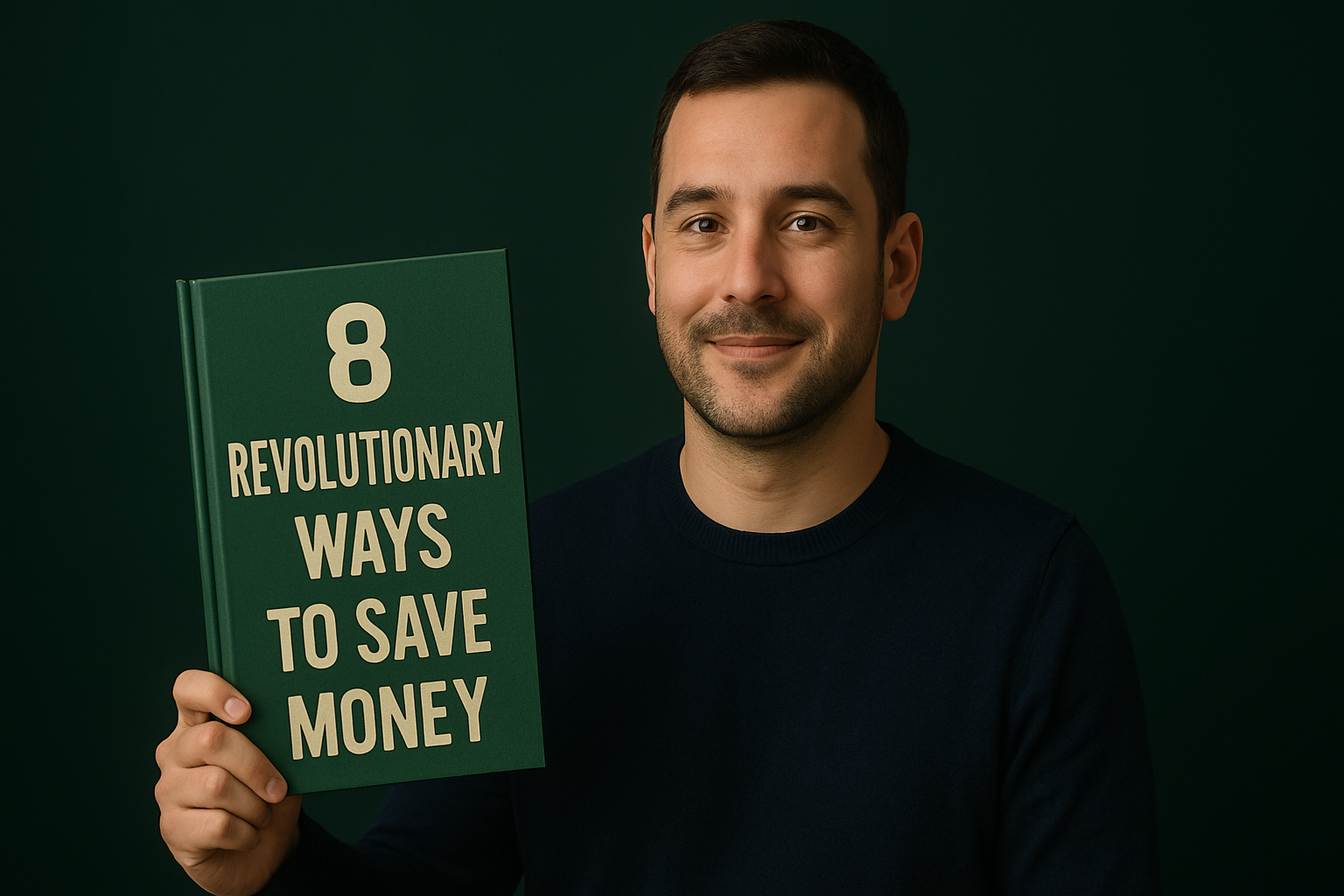Imagine discovering one day that you have been operating a vehicle without ever being taught the traffic laws. It's frightening. Millions of Americans, however, manage their money this way, choosing to save, invest, and spend without a thorough understanding of how money functions. Financial literacy is the key to gaining possibilities, stability, and independence in your life; it's not just for Wall Street professionals. Increasing your financial literacy can make all the difference, regardless of whether you're living paycheck to paycheck, drowning in debt, or just want to improve your fortune. This is about changing your perspective so that you can confidently make better decisions, not about learning intricate formulas or stock tickers.
After reading this guide, you'll have a whole different perspective on money and the means to take charge of your financial future.
Why Most People Ignore Financial Knowledge, Despite It Being Your Greatest Asset)
The majority of people view money as an enigmatic entity that fluctuates out of their control. They never understand that the true cause of their financial difficulties is ignorance, instead blaming the economy, their employment, or even luck. Consider this: while history and algebra are taught in schools, budgeting, investing, and credit ratings are seldom ever covered. Adults so enter the real world unprepared and commit costly errors such as ignoring retirement funds, overpaying on credit cards, or falling for get-rich-quick schemes.
The reality? The ultimate leveller is financial knowledge. Whether you make $30,000 or $300,000 a year, you will always feel broke if you don't grasp how money moves. However, you become an active creator of your wealth rather than a passive viewer of it when you invest the time to study.
An example from real life: A 28-year-old teacher named Sarah was drowning in credit card debt of $25,000. She believed she was "bad with money" until she came across books and podcasts about personal finance. She wiped off her debt, established an emergency fund, and began investing in less than two years. Her expertise changed, but not her income.
- What is the Stock Market? The Detailed Guide to Building Wealth Like the Pros.
- How Can I Improve My Financial Knowledge? The Ultimate Guide to Mastering.
Start With the Basics: Budgeting and Tracking Your Money.
You must understand where your money is going before you can become an expert at investing or developing wealth. You may take charge with tools like zero-based budgeting (every dollar has a job) or the **50/30/20 rule** (50 per cent needs, 30 per cent wants, and 20 per cent savings/debt payback). Eye-opening patterns can be found in spreadsheets, apps like Mint, and even YNAB (You Need A Budget). You may find that you're spending $500 on subscriptions you don't use or $200 on coffee each month.
Small leaks sink great ships, and those unnoticed expenses add up over time.
Pro Tip: Automate your finances. This removes temptation and ensures you pay yourself first.
Demystifying Debt: How to Use It Wisely (Or Escape It).
But high-interest debt (like credit cards) is a wealth killer. The average American has over $6,000 in credit card debt, with interest rates as high as 25%. If you’re stuck in this cycle, strategies like the debt snowball (paying off smallest debts first for motivation) or debt avalanche (tackling high-interest debt first) can help.
Leverage low-interest loans for assets that appreciate, such as real estate or education, provided your credit is solid in the meantime. The secret is knowing the difference between destructive debt (depleting your resources) and productive debt (creating value).
An example from real life: Mike, a small company owner, saved thousands of dollars in interest by consolidating his $40,000 credit card debt into a personal loan with a cheaper interest rate. He subsequently paid it off in three years rather than ten by using cash flow techniques.
Investing Power: Using Your Money to Your Advantage.
While saving money is prudent, investing is the way to increase your wealth. Even modest, regular investments can grow into enormous quantities of money because of compound interest.
You would have more than $500,000 in 30 years if you invested just $300 a month and received a 7% return, which is the average for the stock market. Before looking into inexpensive index funds (such as those offered by Vanguard or Fidelity), start with retirement accounts like a **401(k) or IRA**. Don't believe that only the wealthy can invest; you may start with as little as $5 with apps like Acorns or Robinhood. The most significant error?
Example: For beginner-friendly guidance, read The Bogleheads’ Guide to Investing or The Simple Path to Wealth by JL Collins.
Creating Several Sources of Income: Why Your Work Shouldn't Be Your Only Source of Income.
It's dangerous to rely just on one paycheck. The wealthiest people generate their sources of income rather than merely earning them. This could entail turning a pastime into a business, a side gig (freelancing, teaching), or passive income (rental properties, dividends). There are countless chances in the gig economy, such as on YouTube, Fiverr, Etsy, and Uber. The objective? Diversify to avoid being left in a bind if one stream disappears.
An example from real life: As a pastime, Lisa, a nurse, launched a blog with health advice. Ads and affiliate marketing transformed it into a passive revenue stream of $3,000 a month in just two years.
Remaining Inquisitive: Make a Lifetime Commitment to Financial Education.
Adhere to professionals such as Robert Kiyosaki (investment mindset), Dave Ramsey (debt-free life), or Ramit Sethi (smart spending). Join online communities (Reddit's r/personalfinance), take free classes (Coursera, Khan Academy), or listen to podcasts (The Dave Ramsey Show, BiggerPockets Money).
Concluding Remarks: You Can Begin Financial Independence Now.
Money is more than just numbers; it's freedom, security, and choices. You're rewriting your future by becoming more knowledgeable about finances, not simply about money. Begin modestly, maintain consistency, and observe the changes in your life. Are you prepared to assume command? Hit the notification bell, subscribe for additional ideas, and let's work together to accumulate money one wise choice at a time. What financial habit are you going to break first? Leave a remark below! 🚀



.png)
 Tajib Ali
Tajib Ali







Comments (0)
Leave a Comment